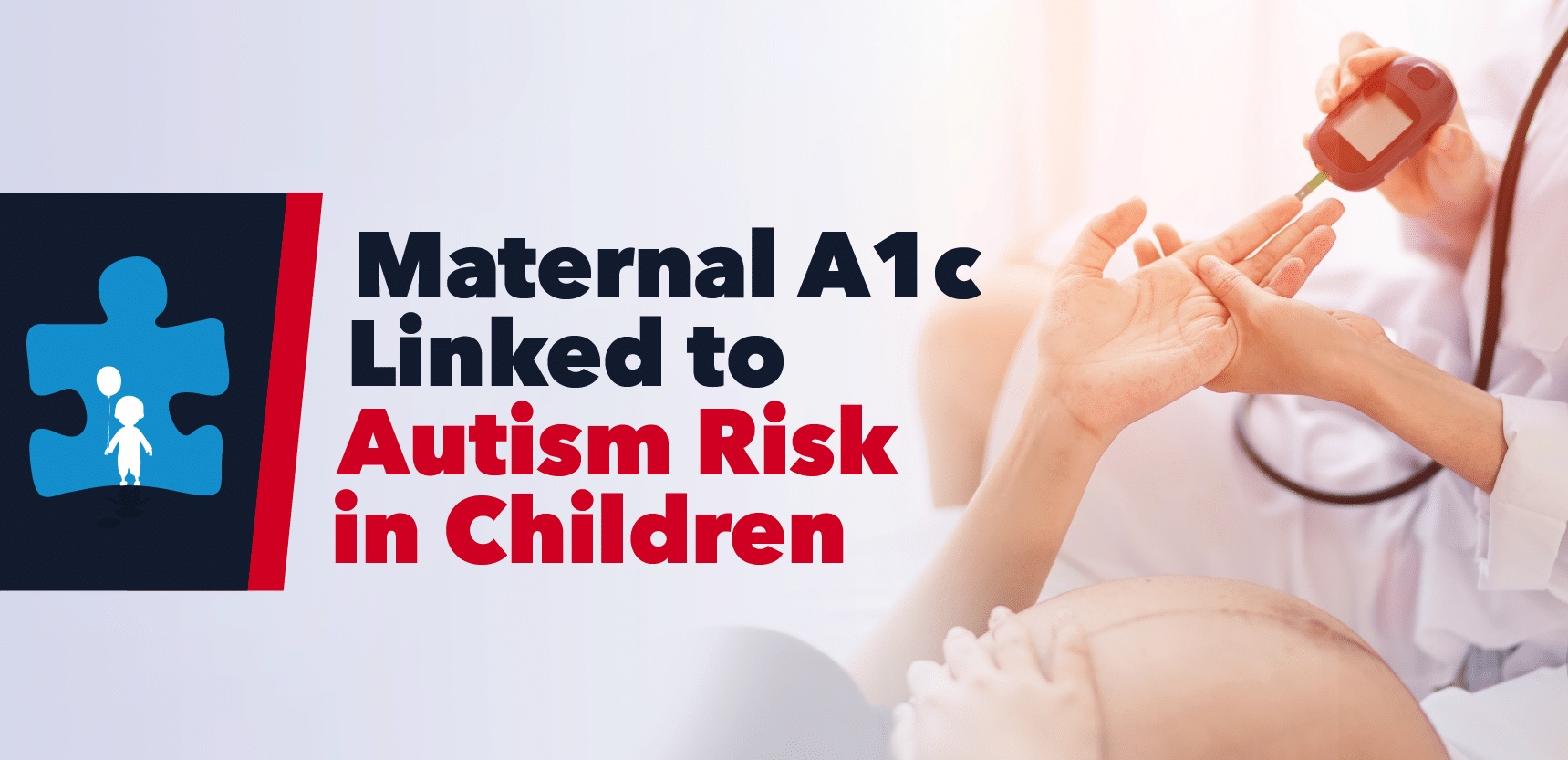Some children with traumatic brain injury experienced a decline in cognitive function following a recovery plateau, indicating the need for long-term reassessment of these patients, according to research published in JAMA Network Open.
“TBI can adversely affect executive functions (EFs) that play a central role in both academic performance and social interactions. Because skills in a rapid stage of development may be more vulnerable to disruption by TBI than more well-established skills, TBI sustained during periods of accelerated EF growth may be associated with greater deficit,” Heather T. Keenan, MD, PhD, MPH, professor in the division of pediatric critical care at the University of Utah, and colleagues wrote. “Understanding how TBI influences the developmental trajectory of EF in children injured in different developmental periods is critically important to allow targeted intervention for behavior regulation and metacognitive skills.”
In a longitudinal, prospective cohort study, researchers analyzed 559 children (mean age, 8.6 years; 64% boys) with TBI or orthopedic injury (OI) to establish EF recovery patterns following injury. Researchers further stratified children by injury severity (mild TBI, 28%; complicated mild or moderate TBI, 29%; severe TBI, 16%; OI, 27%) and utilized growth models to examine the patterns of change in the emotional control, inhibit, working memory and plan-organize subscales of the Behavior Rating Inventory of Executive Function (BRIEF) or BRIEF-Preschool. Children completed follow-up assessments at 3 months, 12 months, 24 months and 36 months in person, online or by phone.
Study results showed children with TBI did not return to their preinjury baseline and saw an incremental worsening of assessed outcomes at 36 months that was dependent on severity for TBI compared with OI. Children with severe TBI had the fastest acceleration of an increase in BRIEF problems from injury to 12 months for the emotional control subscale (9 points; 95% CI, 6-11.9 points), inhibit subscale (3.6 points; 95% CI, 1.6-5.6 points) and working memory subscale (7 points; 95% CI, 4.1-9.9 points); trajectories plateaued between 12 months and 24 months, accelerating again by the 36-month timepoint for working memory and emotional control subscales. Compared to children with OI, children with mild TBI (28%) had worse 36-month emotional control, working memory and plan-organize subscale scores.
“Children with all severities of TBI have EF decrements as long as 3 years after injury, with some experiencing a secondary increase in EF scores after an initial plateau,” Keenan and colleagues wrote. “Results further suggest that children with TBI may struggle over time as tasks become more complex, leading to a need for reassessment and different supports to improve participation in the school, home and community.”















